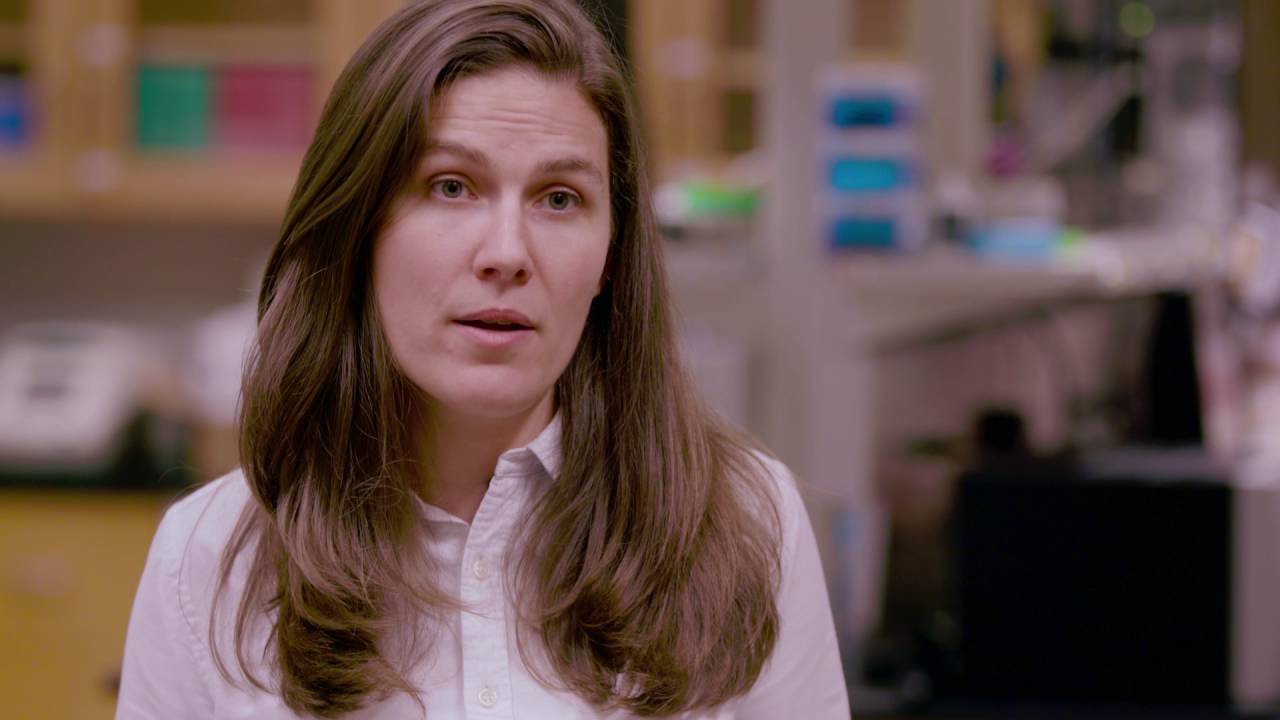Scientists from the University of Washington and Microsoft are improving their system for preserving digital data in strands of synthetic DNA — and they’re giving you the chance to participate.
The UW-Microsoft team laid out the method in a research paper published this week in Nature Biotechnology.
For the experiment described in the paper, text files as well audio, images and a high-definition music video featuring the band OK Go were first digitally encoded, and then converted into chemical coding — that is, adenine, thymine, cytosine and guanine, which make up the ATCG alphabet for DNA base pairs.
Read more










Comments are closed.